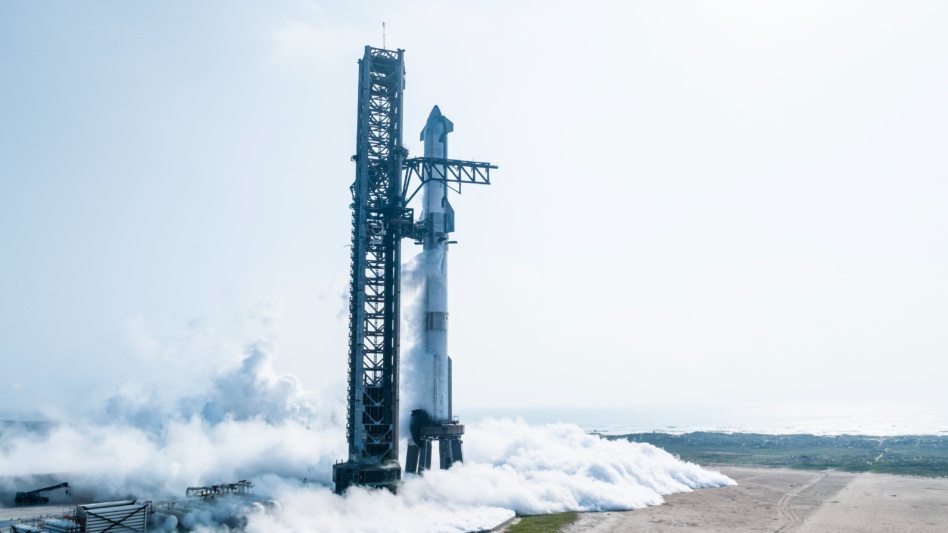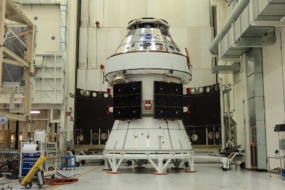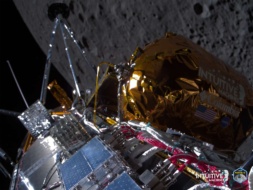Yusaku Maezawa has given up on his plan to orbit the Moon with a crew of creatives in SpaceX’s Starship, the Japanese e-commerce entrepreneur announced this week.
Rewind: In 2018, Maezawa and Elon Musk announced the dearMoon project to great fanfare as the first commercial contract for what was then known as the BFR—Big Falcon Rocket—at a time when SpaceX hadn’t yet flown crew on its Dragon capsule.
The aim was to launch the mission in 2023, but Maezwa has run out of patience. “I can’t plan my future in this situation, and I feel terrible making the crew members wait longer, hence the difficult decision to cancel at this point in time,” he wrote in a social media post.
Six years later: Maezawa visited the ISS in 2021 after buying a seat on a Russian Soyuz mission, and his net worth suffered after he sold his online clothing retailer in 2019. Meanwhile, Starship has barely made it out of the atmosphere, and with top priority going to the vehicle’s NASA contract to land astronauts on the Moon, it’s not clear when dearMoon could actually take place.
It’s also not clear whether Maezwa’s deposit for the trip will be refunded, or if SpaceX was seeking an additional milestone payment to keep the mission alive.
A warning: Maezawa’s joy ride is one thing, but several companies, including space station builders Vast and Starlab, and the space structures startup K2, have bet on using Starship—some as soon as 2026. Consider this back-of-the envelope math on Starship’s obligations:
- Get to orbit and return safely back to Earth with both stages. (Let’s be generous and say three more test launches to achieve this.)
- Launch a propellant depot vehicle to demonstrate fuel transfer in orbit. (2 launches)
- Perform an uncrewed Moon landing, which requires perhaps a dozen Starship launches to accumulate sufficient propellant on orbit. (13 launches)
- Perform the first crewed flight test of the vehicle with another wealthy enthusiast, payments entrepreneur Jared Isaacman. (1 launch)
That’s nineteen flights, ideally before September 2026, before we even talk about Starlink launches. Starship has flown once in the first six months of this year; it took SpaceX eight years of work to hit double-digit annual flights of the Falcon 9. The company has vastly more experience and resources now, but Starship is also a far more powerful and complex machine.
What’s next: With the next test flight expected as soon as June 6, the current challenge to overcome is heat shielding, an issue that also grounded Lockheed Martin’s Orion space capsule.





